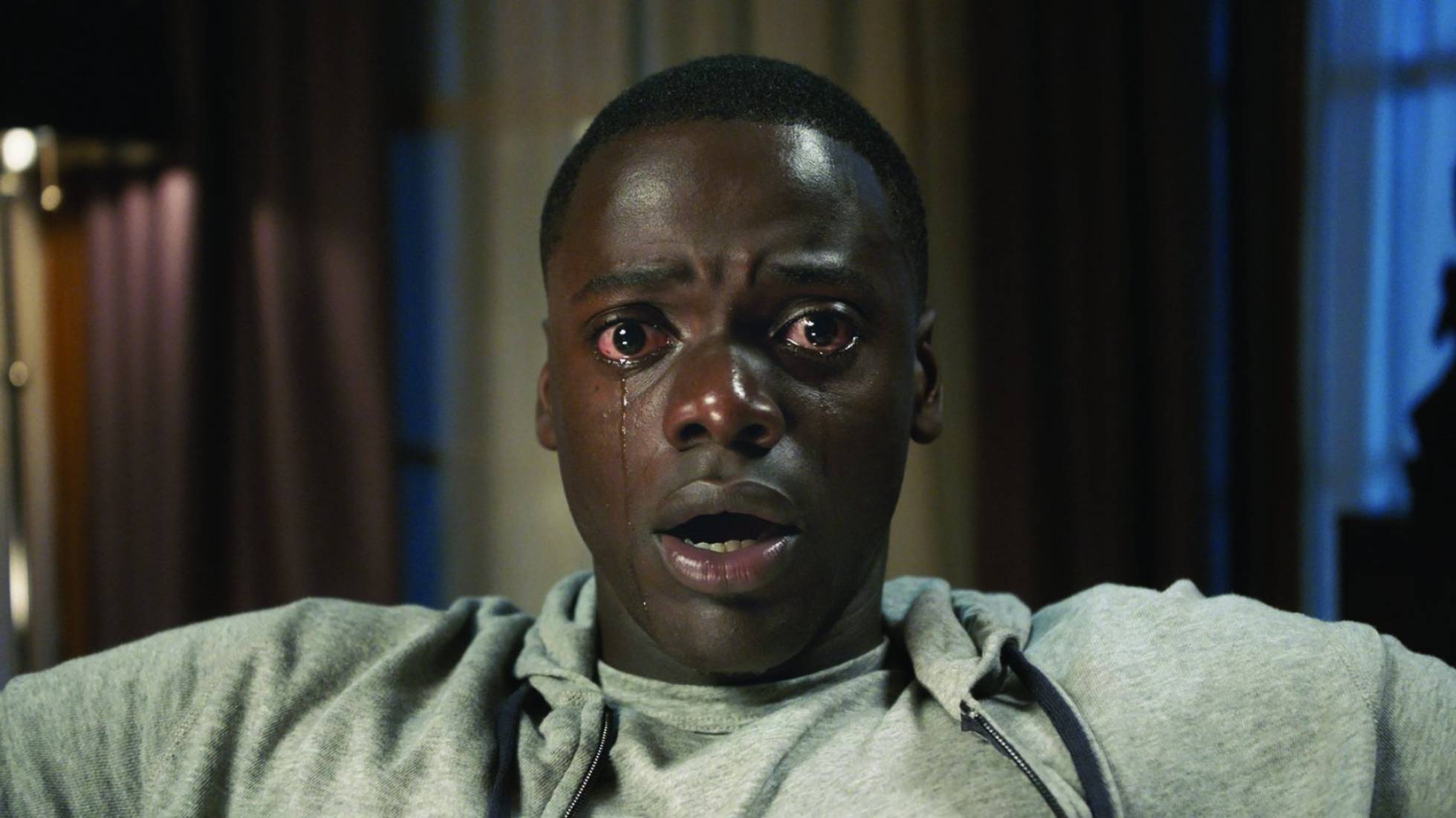
The film “Get Out” accurately portrays the phenomenon of the good intentions of the dominant white heterosexual toward everybody else.
There’s been an appetite for a film like “Get Out” for some time. It’s about a black man invited to a white man’s party. Such an experience is best explained not by journalism or fiction, but by fantasy. Only from this perspective can one properly understand a horror movie in which the most terrifying moment occurs when a white, progressive male says he’d have voted for Obama for a third term.
He wasn’t lying, of course. He would have done it. Also at the party are wealthy, tolerant, friendly, white married couples. All display an almost clinical racism when in conversation with the main protagonist, which comes not from hostility toward the different, but from kindness toward it, to its integration. In other words, the recognition of what is excluded.
The film tackles the unconscious racism inherent in the belief that a black man will feel more comfortable talking about black things – an exotic kind of courtesy! So strong is the desire to make sure he feels comfortable that when a man tells him he enjoys playing golf, he feels the need to add that he knows Tiger Woods. For a moment, it seems like he might even ask if he knows him as well, like the character in the Spanish television comedy “Aquí No Hay Quien Viva” (“No One Could Live Here”) who, on finding out his neighbor is gay, says to him, “You must know my nephew then; he lives in Madrid too.”
This scene accurately portrays the phenomenon of the good intentions of the dominant, white heterosexual toward everybody else. At one point, eager to ensure that a transsexual guest feels at ease, the conversation is steered away from her gender amid declarations of freedom and tolerance, as if instead of a friend, a therapist was present. In the field of journalism, particularly difficult situations arise when it seems impossible to separate an interviewee’s talent from the person’s race, gender or religion if he or she happen to belong to a minority.
With an actress, female scientist or writer, etc., an interviewer – and I include myself here – will waste two or three questions on a topic as singular as being born a woman. These are often well-intentioned, paternalistic questions – again, I include my own – intended to convey solidarity without giving space to the silly or sexist, which are the end result if no one asks them in the first place. It’s the same with black people, lesbians and immigrants, as well as those whose social standing frequently eclipses their work without their certain knowledge of it at the time.
The main protagonist in “Get Out” realizes this at a party, which ends in a bizarre fashion. Watch the film. What they do to him is what we might do ourselves if, in place of a person, we were presented with a prototype.

Leave a Reply
You must be logged in to post a comment.